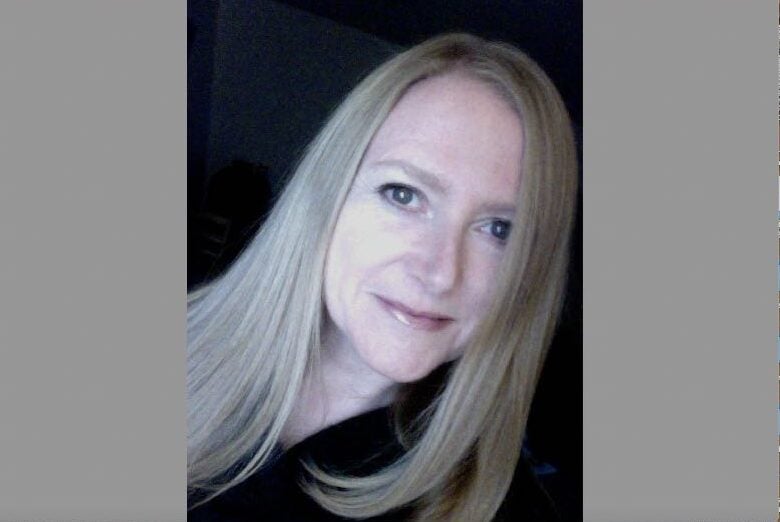The Ottawa Pastoral Counselling Centre is one of the five Anglican Community Ministries, but because of the confidential nature of counselling, it is a challenge to include stories about the OPC in Perspective. This is a third in a series of articles introducing readers to the OPC’s team members and their work.
November begins with All Saints Day, a time to think about and pray for loved ones who have died. Lorrie (Margaret) Beaton specializes in grief, loss, anxiety, depression, conflict resolution, personal growth, and personal transformation. She previously worked extensively with the Bereaved Families of Ontario, so we asked for her insight.
Grieving can be a long process. Is that out of sync with a culture that generally wants everything to be done quickly?
At first, people ask ‘Is there anything I can do? Can I help in any way?’ And what I find is that might last a couple of weeks or may be a month, where people can understand that you are going to be emotional around this loss, but then their lives go on and they’re not really thinking about what you are experiencing because they haven’t had that loss, so it’s a mystery. …Something as simple as the music in a restaurant or a smell… it is very sense-oriented, might cause … a grief burst or a grief bomb, I might call it, and that makes it hard. Because people may say, ‘Oh my gosh, what’s wrong with you?’ [The answer is] ‘I’m grieving. … I’m going to have waves of grief that show up.’ That can really create a discomfort, seeing a friend who looks like they are in distress. But grief really goes against everything that we’ve been taught…
People often say that someone at a funeral was very strong, meaning they didn’t shed a tear, but I say that’s not strong. …We have this fear that someone is going to cry…but that’s what you have to do when you’re grieving. You have to let it come when it comes in those waves and just let it flow and not judge it for being there because this is your body’s way of trying to understand what is something that seems unimaginable.”
How can therapy help?
It gives someone a neutral place where they they won’t feel judged. …Sometimes it takes a few sessions for people to understand that because they’re used to saying ‘Oh, it’s fine, because I walk with my best friend every day and we talk about this.’ But usually a friend will jump into fix-it mode. “You’ve got to get out there….You’ve got to start living again,” that kind of thing.
With therapy, or counselling for grief, often we’re just sitting with what’s there. And we’re not trying to shift it in any way. It’s just allowing it to be there and not judging it…. It’s more of just accepting [emotions.] “Okay, so you’re really angry right now. Let’s talk about that. Where is that coming from? And why would why would the anger be showing up now?” And really understanding that it doesn’t mean that anger is going to be there forever. It’s just this is what you have to process right now. Next week, it’s probably going to be something different.” And then having the guidelines and the resources to offer someone. … I’ve an article that I share that says “No, you’re not going crazy. You’re grieving.” Because it can feel very crazy making when you can’t concentrate, you have no energy, you’re not sleeping, you’re not eating, or you’re eating too much… You can’t get back into your daily routine. That’s grief. You’ve just got to let that be there for now. “
[Grief counselling is] compassionate inquiry and the neutral stance…. We’re not trying to take that pain away from someone. We’re just helping them process the pain of where they’re at right now, without judging. So, compassion, that’s it.
Are your clients themselves are sometimes impatient with the grieving process?
[Yes] someone will ask, ‘So how long is this going to take?… I’m really uncomfortable with these feelings that keep coming up and messing up my life.’ And I always ask them, ‘Well, how did, how long did you know that person?’ Sometimes people say, “Well, it was my mom.” And I say, “Okay, so you’ve known this person even months before you were born. It’s a part of you, so it’s going to take however long it takes to unravel that relationship and for you to make sense of this and adapt to this new relationship. It’s not a switch. People think after a year they are supposed to turn that grief switch off and not have to feel this anymore.
“The first year is really just making sense of the absence of that person and really understanding that relationship. Where and how do they fit now? … I used to support a lot of more children, and [many years ago] one of my little guys said, ‘You know what? This is great.’ And I said, ‘Really? Grief is great? What do you mean?’ And he said, ‘Well, before I used to always have to call my loved one, and they’d have to call me back. And we’d have to make time for each other. But now I can talk to them anytime.’ ”


Saint Mary’s Church, Westmeath — Deanery of the Northwest